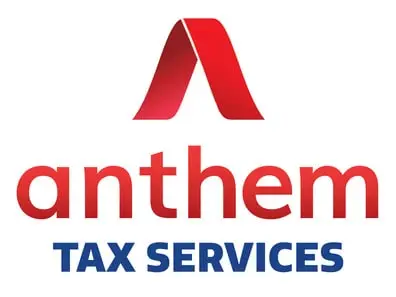Taxpayers can pay off their tax debt to the Internal Revenue Service (IRS) via an installment payment system. Despite this, immediate payment is the best option, considering that it doesn’t attract interest and penalties, which could rise to 8-10% annually.
An installment agreement comes handy in cases where a one-off tax debt settlement is impossible. This alternative comes in four different forms;
- Non-streamlined payment
- Partial payment
- Streamlined payment
- Guaranteed payment



Guaranteed Installment Agreement
Here are the conditions an applicant for a guaranteed installment agreement must meet;
- Have a debt of less than $10,000, excluding penalties and interests;
- Must not be a party to an existing installment agreement, have the total owed taxes settled, and filed tax returns;
- Must be unable to settle the tax liability in the space of 120 days or when due;
- Must be ready to pay off the tax liability in the space of three years; and
- Must be ready to offer at least the minimum monthly payment, i.e., tax liability, penalties, and interests divided by 30;
This payment plan doesn’t allow the IRS to file a federal tax lien against the taxpayer.
Who Gets Approved When They Submit an Offer?
The offer in compromise is accepted by the IRS when the agency believes it represents the best chance of collecting the largest possible portion of the outstanding debt. The best way to determine what an appropriate offer will be is to work with a tax professional who understands the process and has a track record of getting approvals for clients. Without working with someone who has experience filing these letters for people with financial situations similar to yours, it’s hard to know what your chances of approval will look like. That means more than just finding a professional for advice, it means finding one whose service is built around people like you, whether it’s individuals, businesses, freelancers, or any other niche.
Other Important Information
If you do not currently have an outstanding federal tax lien, one may be filed as part of the review and approval process while you negotiate an offer. The payment and assessment process is also extended during the review period, and your nonrefundable payments take the place of any pre-existing installment plan you might have been paying toward. There’s also a self-help tool online that can help you better understand the process the IRS uses for evaluating these offer applications and deciding what to extend as a compromise.
The IRS will not approve offers if you are currently going through bankruptcy proceedings because your tax debt might fall under the purview of the judge ordering your debt restructuring and discharge. Make sure you handle any bankruptcy proceedings before you begin the process of reaching a compromise with the agency.
What to Expect if Your Offer Is Accepted?
The acceptance of the offer isn’t the end of things, it’s the beginning of your opportunity to get some resolution. That means you’ll need to be sure to comply with all the stages of the repayment plan to avoid invalidating it. You also need to realize that the federal tax lien will remain until the payment plan is completed, so if it involves more than 12 installments, be ready to accommodate it in future financial and tax planning.
Getting the Help You Deserve With Your Tax Debt
It’s never a good idea to approach complex financial decisions without sound advice from people who really understand the choices you’re weighing. That’s why tax professionals are there, to give you the resources to reach the best possible understanding with the IRS. If you need help negotiating and offer in compromise for the last tax year or for any preceding years, contact Anthem Tax Services today to find out how you can settle all your outstanding tax debt with one simple compromise.

